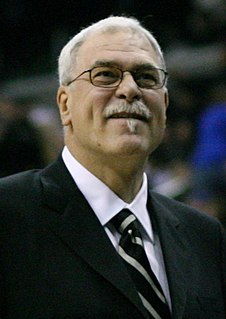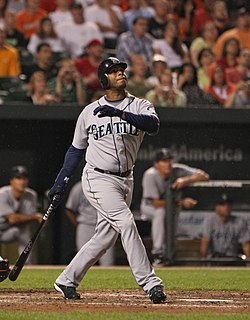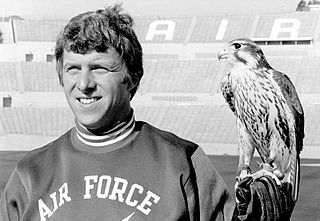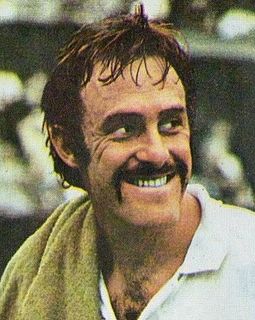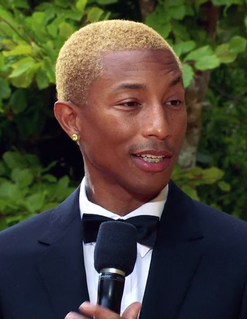A Quote by Phil Jackson
There's a lot of chatter in basketball and, rightfully, you want players to be talking to each other... But sometimes in practice, it gets too verbose... so I tried to take things out of the ordinary and make them special so they'd understand the difference.
Related Quotes
The great thing about [Michael] Jordan was that he made them want it just like he wanted it. And a lot of times like a lot of the basketball players, not to be getting on basketball, but, with a lot of the basketball players you might have one superstar on the team, and they're not willing to play up to par with the way he is, so they don't make it. But then you have some celebrities on the basketball team, and they don't know how to get along with each other!
One of my constant reminders was, "End practice on a happy note." I wanted the boys to want to come out to practice, and I wanted them to get a certain amount of pleasure out of basketball. It's a game. It should be fun. So I always tried to counterbalance any criticism in practice with a bit of praise. I wanted my players to feel that the worst punishment I could give them was to deny them the privilege of practicing. If they did not want to practice, I did not want them there.
He read a lot. He used a lot of big words. I think maybe part of what got him into trouble was that he did too much thinking. Sometimes he tried too hard to make sense of the world, to figure out why people were bad to each other so often. A couple of times I tried to tell him it was a mistake to get too deep into that kind of stuff, but Alex got stuck on things. He always had to know the absolute right answer before he could go on to the next thing.
She tried to be calm, and leave things to take their course; and tried to dwell much on this argument of rational dependence – “Surely, if there be constant attachment on each side, our hearts must understand each other ere long. We are not boy and girl, to be captiously irritable, misled by every moment’s inadvertence, and wantonly playing with our own happiness.” And yet, a few minutes afterwards, she felt as if their being in company with each other, under their present circumstances, could only be exposing them to inadvertencies and misconstructions of the most mischievous kind.
In Italy, some managers want distance from the players, the Fabio Capello style, but that is not my way. I am more like Carlo Ancelotti. There are aspects of the players' behaviour I do not understand, but I want them to respect our situation. If they do that, I have a lot of respect for them, too, and I will do everything to help them.
People think this is all about the top players hitting tenins balls and they talk about technique and strategy and how important that is. But they don't understand the essence of competition. This is one-on-one, two players out there fighting each other with everything they have, trying to bring the best out of themselves. And the difference at this level of the game is all in the head and in the heart.
More than anything, I wanted to make sure that everybody was a pusher of difference. And they had to be able to do it in a communicative way, not esoterically. Because there are a lot of people who push things forward but sometimes only you and two people out of 500 in the room get it, but you want somebody who has mastered their craft so well that an 8-year-old gets it just like an 80-year-old gets it. They get the same visceral feeling.
If we're by ourselves we come to feel crazy and alone. We need to make alternate families of small groups of women who support each other, talk to each other regularly, can speak their truths and their experiences and find they're not alone in them, that other women have them, too ... It makes such a huge difference.
I don't mind talking about the game. I don't mind talking about what we go through as players, because I want people to get a deeper look inside instead of looking at stats all the time or looking at numbers or just watching the game. I want them to get a pulse on us as players, and a lot of players might not want that, but that's what I want.
